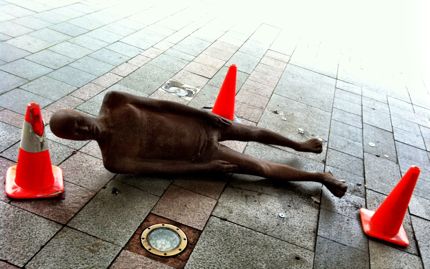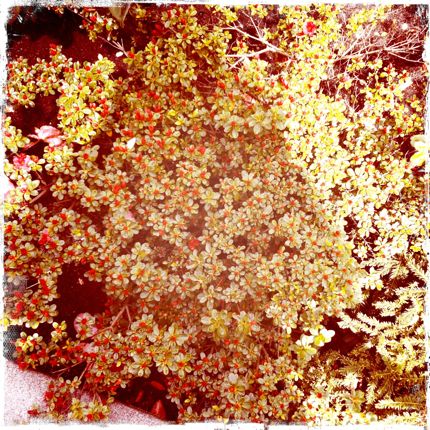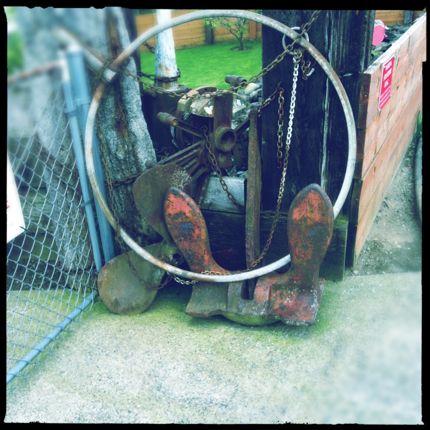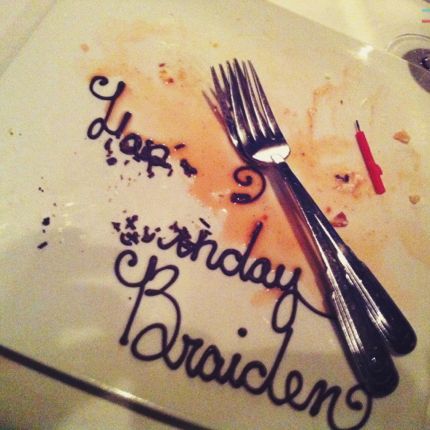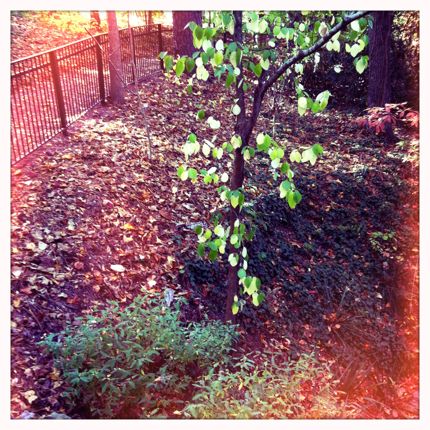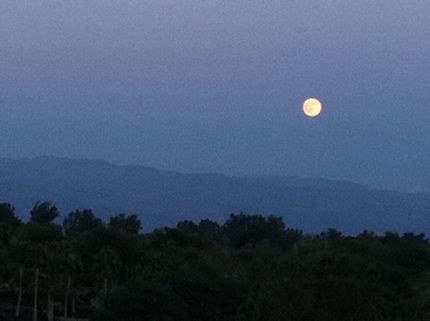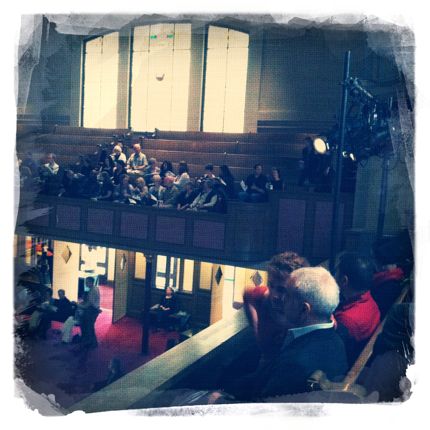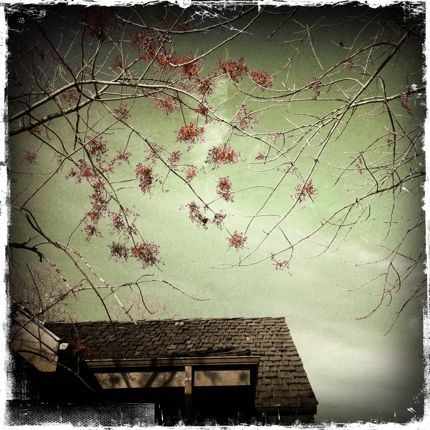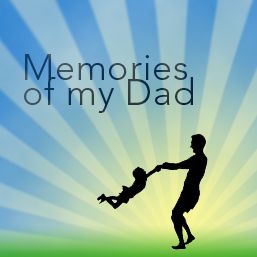Today our frequent guest columnist, John Paul Carter, an ordained minister who writes for the Weatherford (Texas) Democrat, reflects on how, in our busy lives, we often overlook the obvious answer or solution to a problem.
Perhaps time to slow down and search for answers close at hand? Thanks, as always, John Paul!
Because my mother worked for the Baptist Book Store in Dallas, helping set up church libraries, I never wanted for good books. I think it must have taken half her monthly salary to pay for the books she brought home to me.
One of my favorites was a volume of sermons entitled “Iron Shoes” by C. Roy Angell, a Florida pastor, whose forte was the well-told stories with which he illustrated his homilies. One of those tales is as fresh in my memory now as when I first read it over 50 years ago. This is the story:
A father had given his student son a book for Christmas, some of whose pages were uncut. He urged the boy to read it as soon as he got back to college. The young man returned to his campus, disappointed because his father had not offered him money that he needed for extra expenses. He put the book on the shelf and forgot about it.
Several years later, pocket knife in hand, the boy got around to reading the book. Between two of the uncut pages, he found a generous check from his father.
I can identify with having unread books that I need to peruse – a few with uncut pages – but none with checks for book marks.
Angell’s story reminds me of John Bunyon’s Pilgrim who was locked away in the dark dungeon of despair. After days of anguish, he found to his surprise that the key that could unlock the prison door had been in his vest pocket all the time.
Sometimes, like the boy in the story and Pilgrim, I miss out on God’s grace by becoming so anxious about my problems that I fail to do what is at hand. Often, I later discover that the unknown answers about the future were hidden in the undone tasks of the present.
This month’s emphasis on scripture has reminded me that my Bible has too many uncut pages, although I’ve read it many times in my seventy-three years. I’ve sometimes missed God’s comfort and counsel when I needed it most because I foolishly assumed that I already knew what was there.
The curious thing about the daily reading of even the smallest amount of scripture is that you keep finding undiscovered treasures and reconnecting with old friends – light for the present and the future journey.
“Lord, thank you for the gift of your book about Jesus, your Word. Help me to leave none of its pages uncut. Amen.”







